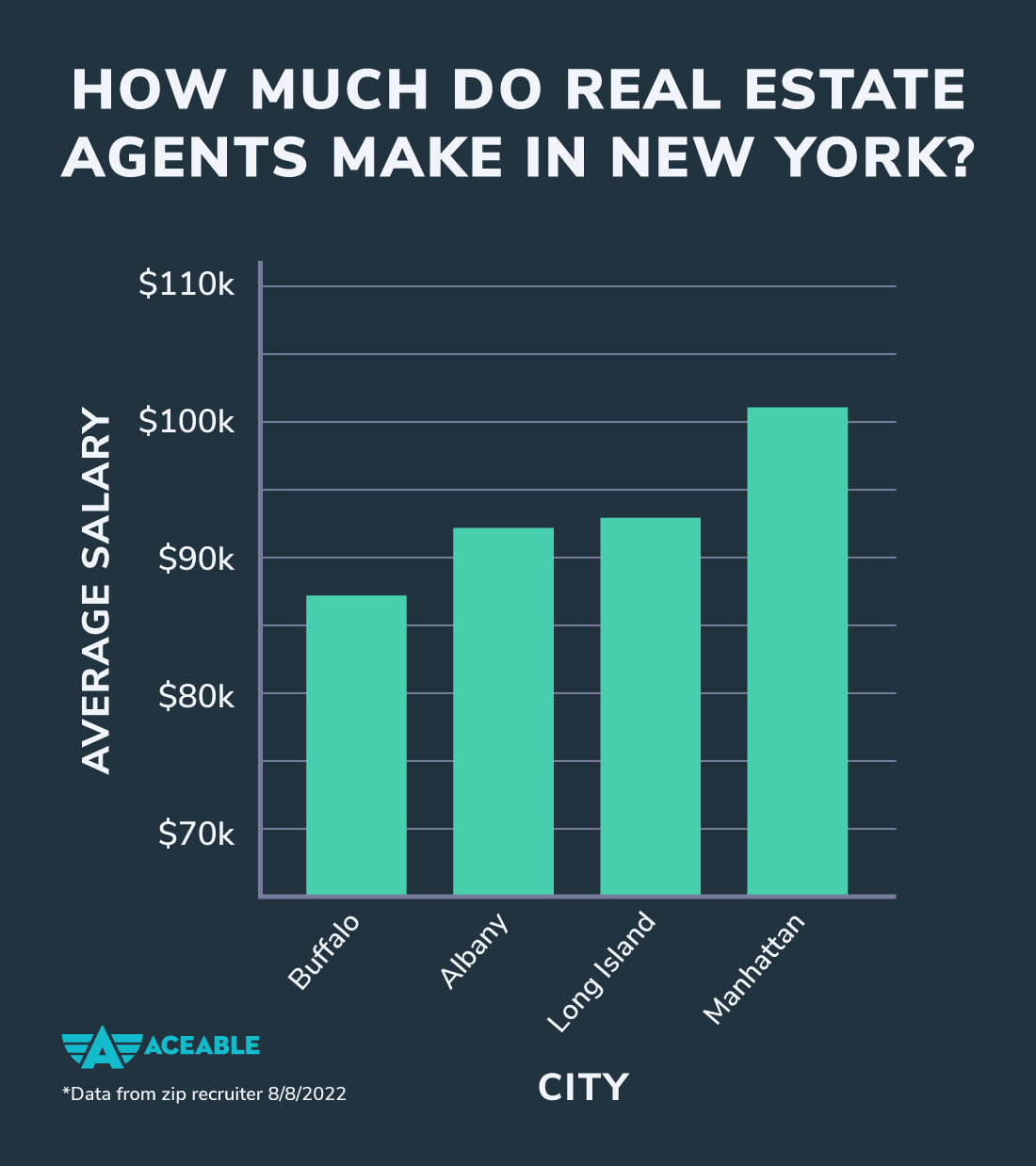
Brokers and agents who are certified in real estate can gain the knowledge and skills they need to be successful in this industry. They can help agents and brokers stand out from the rest and increase their business. There are many real-estate designations that you can choose from, but it is important to select the one that suits your professional goals.
Real Estate Accreditation / RAA: Agents who have earned the RAA credential have completed an accredited course and have proven their proficiency in dealing with clients and resolving issues that might arise during the home-buying process. They also show a commitment towards ethics and professional responsibility.
Certified Real Estate Brokerage Manager (CRB) Designation / CRB: The CRB designation is an excellent choice for experienced real estate professionals who manage a brokerage. The CRB designation demonstrates that you are knowledgeable about business operations and can keep up with industry trends. This certification, which has been around since 1968 is a sign of professionalism in this industry.

SRES/Senior Real Estate Specialist: NAR affiliate certification allows real estate professionals to provide training and tools to assist older clients in selling or buying their homes. These clients might be downsizing, moving closer or on a fixed income. The SRES certification will allow you to better serve your clients by offering them valuable real estate education, resources and referrals.
Green Designation/ GREEN: With the NAR's Green Designation program you can become an expert at identifying and marketing properties with green features. You can share your expertise with buyers to help them find and purchase green properties.
AHWD / At home with diversity: NAR's AHWD certification gives real estate agents a framework to win the trust of sellers and buyers from diverse backgrounds. It also teaches you to set rules for operating in multicultural markets, which can help you serve your clients more effectively.
Pricing Strategy Advisor / PSA: Graduates of this certification have a deeper understanding of creating CMAs and working with appraisers. They learn about how to negotiate for a sale price of a property, and how they can create client advocacy strategies.

This certification is for resort and second-home property specialists / RSPS. It's designed for agents who specialize in the purchase, sale, and management of vacation and investment properties. You will also have access to the latest information about real estate market trends and concerns of homebuyers.
Luxury Homes Certification / LHC: This designation is designed for real estate agents who want to focus on the rapidly growing luxury market. It provides a variety of courses that will allow you to learn the intricacies of this market.
SFR / Short Sales & Foreclosure Resources: The SFR program graduates have a wealth of experience working with lenders and distressed sellers. They can also negotiate with lenders to limit risk and protect buyers from fraud.
FAQ
Is it possible to quickly sell a house?
It may be possible to quickly sell your house if you are moving out of your current home in the next few months. Before you sell your house, however, there are a few things that you should remember. First, find a buyer for your house and then negotiate a contract. You must prepare your home for sale. Third, your property must be advertised. You should also be open to accepting offers.
How long does it usually take to get your mortgage approved?
It depends on several factors including credit score, income and type of loan. It usually takes between 30 and 60 days to get approved for a mortgage.
Can I buy my house without a down payment
Yes! There are many programs that can help people who don’t have a lot of money to purchase a property. These programs include government-backed mortgages (FHA), VA loans and USDA loans. For more information, visit our website.
Statistics
- The FHA sets its desirable debt-to-income ratio at 43%. (fortunebuilders.com)
- It's possible to get approved for an FHA loan with a credit score as low as 580 and a down payment of 3.5% or a credit score as low as 500 and a 10% down payment.5 Specialty mortgage loans are loans that don't fit into the conventional or FHA loan categories. (investopedia.com)
- Some experts hypothesize that rates will hit five percent by the second half of 2018, but there has been no official confirmation one way or the other. (fortunebuilders.com)
- This means that all of your housing-related expenses each month do not exceed 43% of your monthly income. (fortunebuilders.com)
- Over the past year, mortgage rates have hovered between 3.9 and 4.5 percent—a less significant increase. (fortunebuilders.com)
External Links
How To
How to Manage A Rental Property
While renting your home can make you extra money, there are many things that you should think about before making the decision. These tips will help you manage your rental property and show you the things to consider before renting your home.
Here are some things you should know if you're thinking of renting your house.
-
What do I need to consider first? Before you decide if your house should be rented out, you need to examine your finances. If you have outstanding debts like credit card bills or mortgage payment, you may find it difficult to pay someone else to stay in your home while that you're gone. Check your budget. If your monthly expenses are not covered by your rent, utilities and insurance, it is a sign that you need to reevaluate your finances. ), it might not be worth it.
-
How much is it to rent my home? The cost of renting your home depends on many factors. These include things like location, size, features, condition, and even the season. Remember that prices can vary depending on where your live so you shouldn't expect to receive the same rate anywhere. The average market price for renting a one-bedroom flat in London is PS1,400 per month, according to Rightmove. This would translate into a total of PS2,800 per calendar year if you rented your entire home. Although this is quite a high income, you can probably make a lot more if you rent out a smaller portion of your home.
-
Is it worthwhile? Doing something new always comes with risks, but if it brings in extra income, why wouldn't you try it? Before you sign anything, though, make sure you understand exactly what you're getting yourself into. Not only will you be spending more time away than your family, but you will also have to maintain the property, pay for repairs and keep it clean. You should make sure that you have thoroughly considered all aspects before you sign on!
-
Are there any advantages? Now that you have an idea of the cost to rent your home, and are confident it is worth it, it is time to consider the benefits. You have many options to rent your house: you can pay off debt, invest in vacations, save for rainy days, or simply relax from the hustle and bustle of your daily life. It is more relaxing than working every hour of the day. You could make renting a part-time job if you plan ahead.
-
How do I find tenants Once you've made the decision that you want your property to be rented out, you must advertise it correctly. Online listing sites such as Rightmove, Zoopla, and Zoopla are good options. After potential tenants have contacted you, arrange an interview. This will help to assess their suitability for your home and confirm that they are financially stable.
-
What can I do to make sure my home is protected? If you're worried about leaving your home empty, you'll need to ensure you're fully protected against damage, theft, or fire. You will need to insure the home through your landlord, or directly with an insurer. Your landlord may require that you add them to your additional insured. This will cover any damage to your home while you are not there. If your landlord is not registered with UK insurers, or you are living abroad, this policy doesn't apply. You will need to register with an International Insurer in this instance.
-
It's easy to feel that you don't have the time or money to look for tenants. This is especially true if you work from home. It's important to advertise your property with the best possible attitude. Make sure you have a professional looking website. Also, make sure to post your ads online. It is also necessary to create a complete application form and give references. While some prefer to do all the work themselves, others hire professionals who can handle most of it. It doesn't matter what you do, you will need to be ready for questions during interviews.
-
What do I do when I find my tenant. You will need to notify your tenant about any changes you make, such as changing moving dates, if you have a lease. You may also negotiate terms such as length of stay and deposit. Remember that even though you will be paid at the end of your tenancy, you still have to pay utilities.
-
How do you collect rent? When the time comes to collect the rent, you'll need to check whether your tenant has paid up. You will need to remind your tenant of their obligations if they don't pay. After sending them a final statement, you can deduct any outstanding rent payments. You can always call the police to help you locate your tenant if you have difficulty getting in touch with them. They won't normally evict someone unless there's been a breach of contract, but they can issue a warrant if necessary.
-
How can I avoid potential problems? Although renting your home is a lucrative venture, it is also important to be safe. Ensure you install smoke alarms and carbon monoxide detectors and consider installing security cameras. Check with your neighbors to make sure that you are allowed to leave your property open at night. Also ensure that you have sufficient insurance. Finally, you should never let strangers into your house, even if they say they're moving in next door.